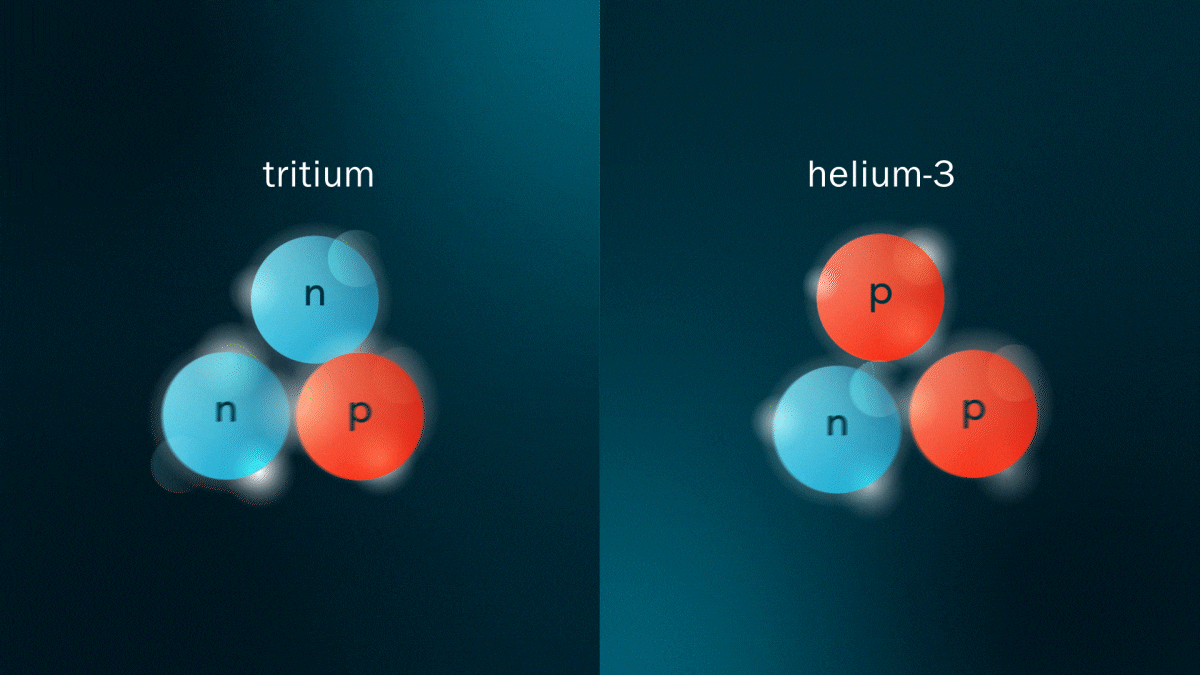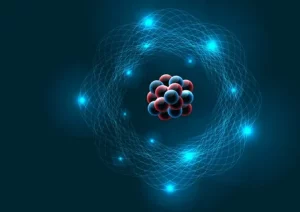- 22 April 2024
- 434
The Quantum Frontier: Adventures in Nuclear Physics

Nuclear physics, the study of atomic nuclei and their interactions, has long been a frontier of scientific exploration. From understanding the fundamental forces that govern the nucleus to harnessing nuclear energy, this field has continually pushed the boundaries of human knowledge.
Understanding Quantum Mechanics
At the heart of nuclear physics lies quantum mechanics, the theory that describes the behavior of matter and energy at the smallest scales. Quantum mechanics revolutionized our understanding of the universe, introducing concepts such as wave-particle duality and uncertainty principle.
The Birth of Quantum Physics
Quantum physics emerged in the early 20th century, challenging classical Newtonian physics with its probabilistic nature and non-intuitive principles. Pioneers like Max Planck, Albert Einstein, and Niels Bohr laid the foundation for this new branch of science.
Quantum Theory and Nuclear Interactions
In nuclear physics, quantum theory provides a framework for understanding the strong and weak nuclear forces that bind protons and neutrons within the nucleus. These interactions govern processes such as radioactive decay and nuclear fusion.
Quantum Tunneling: A Phenomenon in Nuclear Physics

One intriguing phenomenon enabled by quantum mechanics is tunneling. In nuclear physics, quantum tunneling allows particles to overcome energy barriers that would be insurmountable according to classical physics. This phenomenon plays a crucial role in nuclear fusion reactions and radioactive decay.
Applications of Quantum Physics in Nuclear Technology
The principles of quantum physics find numerous applications in nuclear technology, from medical imaging techniques like PET scans to the development of nuclear reactors for power generation. Understanding quantum mechanics is essential for optimizing these technologies and ensuring their safety.
Exploring Quantum Entanglement in Nuclear Systems
Quantum entanglement, a phenomenon where particles become correlated in such a way that the state of one instantaneously influences the state of the other, has implications for nuclear systems. Researchers are investigating how entanglement can be harnessed for secure communication and enhanced sensing capabilities.
Quantum Computing and its Impact on Nuclear Physics
The advent of quantum computing has the potential to revolutionize nuclear physics research. Quantum computers could simulate complex nuclear systems with unprecedented accuracy, accelerate drug discovery for nuclear medicine, and solve optimization problems relevant to nuclear fusion.
Quantum Physics in Nuclear Fusion Research
Nuclear fusion, the process that powers the sun and stars, holds the promise of clean, abundant energy. Quantum physics plays a crucial role in understanding the behavior of plasma, the fuel for fusion reactions, and optimizing experimental fusion devices like tokamaks and stellarators.
Challenges and Future Directions in Quantum Nuclear Physics
Despite its promise, quantum nuclear physics faces challenges such as decoherence, which can disrupt quantum systems, and the scalability of quantum technologies. Addressing these challenges will require interdisciplinary collaboration and continued investment in research and development.
Conclusion
The intersection of quantum physics and nuclear science opens up a fascinating frontier of exploration, with implications ranging from energy production to fundamental understanding of the universe. As we continue to probe the quantum realm, we embark on a journey of discovery that promises to reshape our technological landscape and deepen our understanding of the cosmos.
FAQs
How does quantum mechanics relate to nuclear physics?
Quantum mechanics provides the theoretical framework for understanding the behavior of particles within atomic nuclei and their interactions.
What are some practical applications of quantum physics in nuclear technology?
Quantum physics is essential for technologies such as nuclear reactors, medical imaging, and nuclear weapons detection.
What role does quantum computing play in nuclear research?
Quantum computing has the potential to accelerate simulations of nuclear systems, optimize fusion reactions, and advance materials science for nuclear applications.
What are the challenges facing quantum nuclear physics?
Challenges include maintaining coherence in quantum systems, scaling up quantum technologies, and integrating quantum algorithms into practical applications.
How might quantum physics shape the future of nuclear energy?
Quantum physics could lead to breakthroughs in nuclear fusion technology, enabling clean, sustainable energy production on a global scale.

